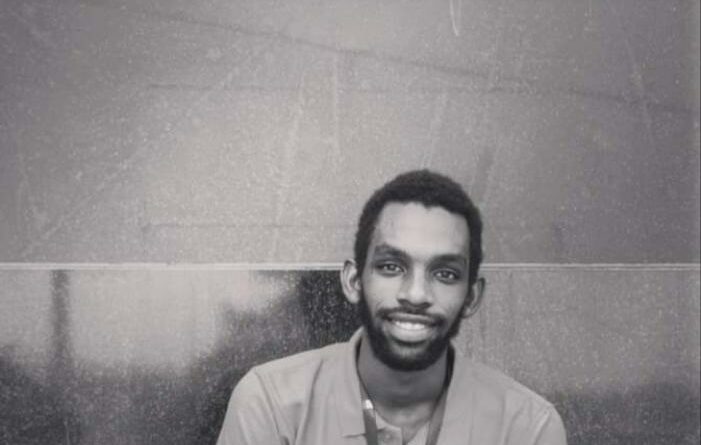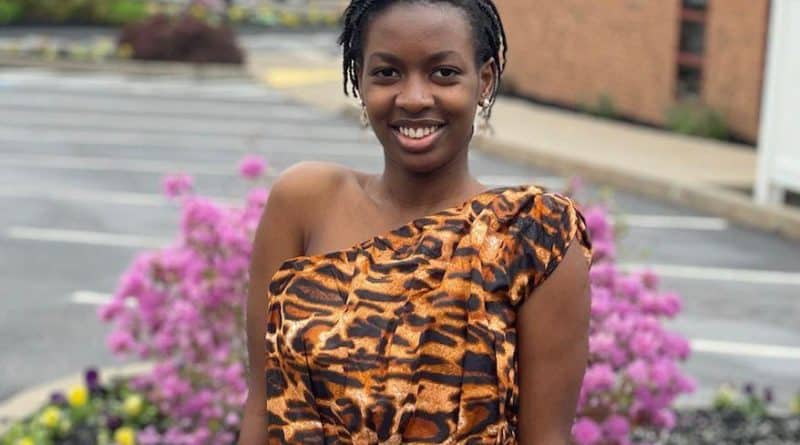“The Day I Will Recover”, the road to healing from mental illness
A poem conjugated in the future tense, the time of hope and life to come. A life our Rwandan author strongly wants to be free from anxiety and depression. To him, looking ahead to the future means to envision himself as finally healed and actively promoting mental health awareness to stop the stigma. It means being able to pick up a pen and write, returning to the village where you grew up to say to all men that, yes, they are allowed to cry and share their burdens. And, eventually, it means to write on all the walls the word “resilience” so that can anyone can see it and know it.
Leggi di più


